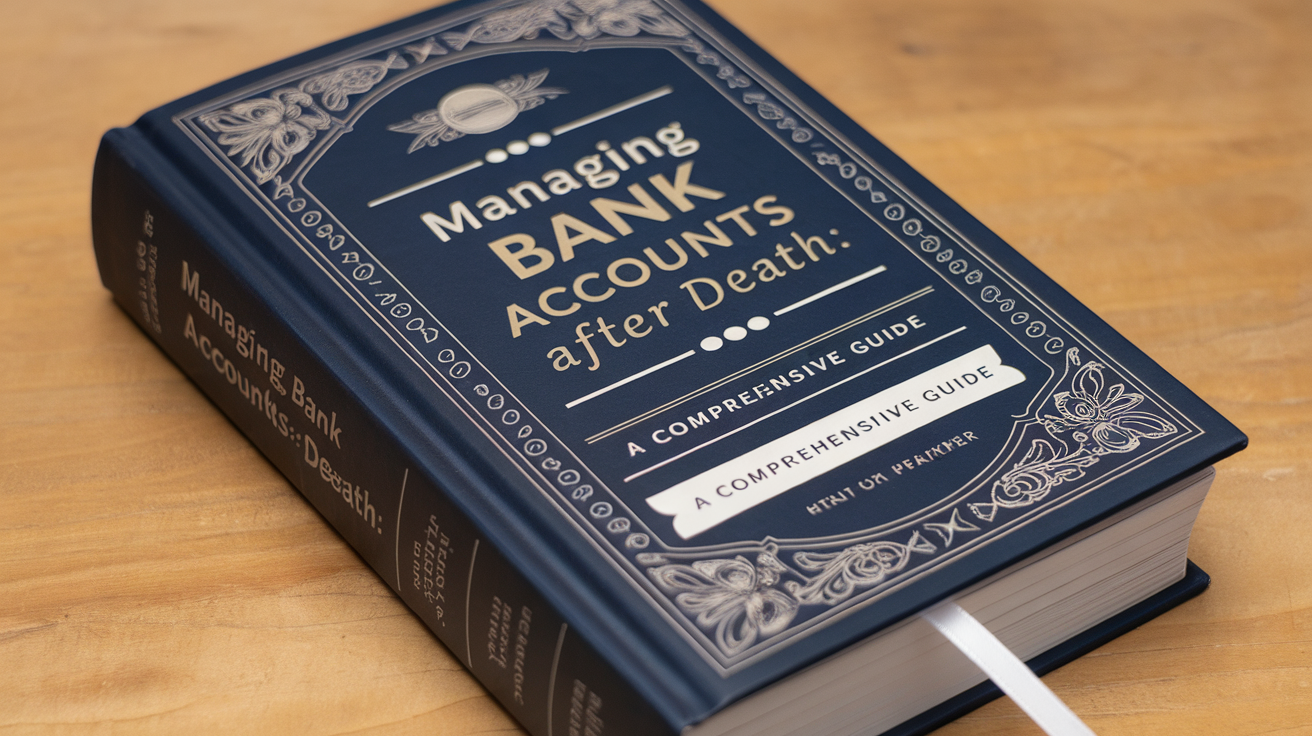Understanding Credit Card Piggybacking: What You Need to Know
When it comes to building or improving your credit, you might come across a tactic known as “credit card piggybacking.” This method can be beneficial, but it also comes with its own set of risks and limitations. In this blog, we’ll explore what credit card piggybacking is, why you should avoid for-profit piggybacking services, and better ways to build your credit.
What Is Piggybacking?
Credit card piggybacking involves becoming an authorized user on someone else’s credit card account to establish or improve your credit score. There are two main types of credit piggybacking: traditional piggybacking and for-profit piggybacking.
Traditional Piggybacking
In traditional piggybacking, a friend or family member with good credit adds you to their credit card account as an authorized user. You receive a card with your name on it, linked to their account. You can make purchases and payments, and all activity on the account appears on both your credit report and the primary cardholder’s report.
This can be highly beneficial, especially if you have no credit history. The primary cardholder’s history of on-time payments can positively impact two significant factors of your credit score: payment history (35% of your FICO® Score) and age of accounts (15% of your FICO® Score).
For-Profit Piggybacking
For-profit piggybacking involves businesses that offer piggybacking services for a fee, often marketed as authorized tradelines for sale. These companies promise to make you an authorized user on the credit card accounts of strangers with excellent credit scores for a limited period. While this might sound appealing, it comes with significant risks and ethical concerns.
Why You Should Avoid For-Profit Piggybacking Services
Here are several reasons to steer clear of for-profit piggybacking services:
Ethical and Legal Concerns
While there are no laws against paying for authorized-user privileges, lenders may consider it fraud if you apply for and accept credit based on an artificially inflated credit score.
Lender Disapproval
Even if lenders don’t bring fraud charges, they may lower your credit limit or close your account if your credit score drops significantly after your paid authorized user status ends. This can negatively impact your credit scores.
Lack of Responsible Credit Habits
For-profit piggybacking doesn’t help you learn responsible credit habits. You don’t get a card to use or make payments, so it can’t help you build and maintain good credit behaviors.
High Costs
For-profit piggybacking is expensive, often costing $1,000 or more, depending on the line of credit you choose.
Risk of Fraud and Identity Theft
To become an authorized user, you must provide the company with personal information such as your name, address, birthdate, and Social Security number, putting you at risk of fraud and identity theft.
False Confidence in Borrowing Abilities
A credit score that suggests you have more debt management experience than you actually do could prompt a lender to issue you more credit than you can handle. If you can’t keep up with payments, you could damage your credit scores and even face bankruptcy.
Better Ways to Build Credit
The good news is there are proven ways to build credit without paying someone to do it for you:
Traditional Authorized Use
Piggybacking on the credit card account of someone you know is better than paying a stranger. You can benefit from sharing their credit history indefinitely and gain valuable experience with revolving credit by making repayments for your own charges.
Secured Credit Card
With a secured credit card, you put down a cash deposit that serves as collateral. The deposit amount is usually equal to your credit limit. If you use the card responsibly and make timely payments, your credit reports will reflect a positive payment history, benefiting your credit scores.
Credit-Builder Loan
Credit-builder loans are designed to build a positive payment history on your credit report while helping you establish a small cash savings. The lender issues a small loan (typically $300 to $1,000) with a repayment period of six to 24 months. Instead of handing you the cash, they place it in a special savings account. If you make your monthly payments on time, the lender hands the account (and possibly some of the interest you paid) over to you.
Experian Boost®
Experian Boost® allows you to share information about recurring expenses such as utility and cellphone bills, insurance payments, and streaming service payments. These can be added to your Experian credit report, potentially improving your FICO® Score.
The Bottom Line
Traditional credit card piggybacking can be a great opportunity to establish credit and gain experience as a credit user. However, pay-to-play credit card piggybacking is a risky, expensive shortcut that misleads lenders and could make you legally vulnerable. When the time comes to apply for a credit card of your own, checking your free credit score from Experian can help you understand how lenders will view your application.
At O1ne Mortgage, we understand the importance of building and maintaining good credit. If you have any questions or need assistance with your mortgage needs, don’t hesitate to call us at 213-732-3074. Our team of experts is here to help you navigate the complexities of credit and mortgage services.

